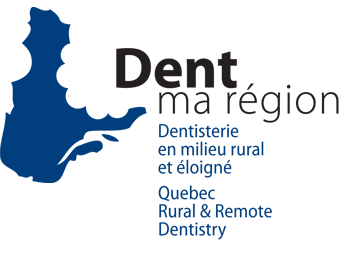 Overview
Overview
The territory of Témiscamingue is regarded as rural, while Abitibi is much more urban. There are about 36% of Témiscabitiens living in rural areas (Leblanc. Patrice, 2010). Known for its natural resources, Abitibi-Témisacmingue is a vast administrative region located in Western Quebec highly appreciated by Témiscabitibiens for its attractive lifestyle. However, this is a little-known region for many Quebecers and deserves to be discovered (Bourgault et al., 2008).
Stable economic growth
The economy of the Abitibi-Témiscamingue is doing well because of the mining boom. Several new mining projects are underway, creating many jobs in this sector and related industries. Wages are very good and come with benefits. A healthy economy like this can have promising prospects for the dental clinics of the region.
Distribution of dental professionals
Dentists of Abitibi-Témiscamingue are the most likely of all the regions of Quebec to have group practices. 79% of dentists are in a group practice as compared to 61% for the rest of the province of Quebec.
The number of oral health professionals is mainly concentrated in urban centers such as Amos, Rouyn-Noranda and Val d’Or. However, rural areas in southern Abitibi-Témiscamingue are poorly served. This region has the lowest dentists / population ratio in the province extending the waiting time up to 6 months for a routine check-up in some places (ODQ, 2010; Radio Canada, 2010). Many dentists no longer take new patients and the situation may get even worse because of retirements and the transition for some dentists to a more specialized practice (Santé et services sociaux).
